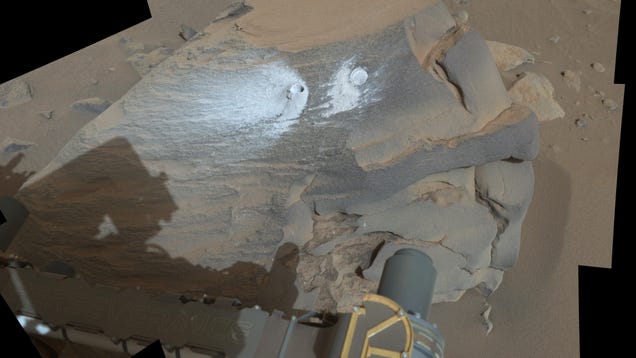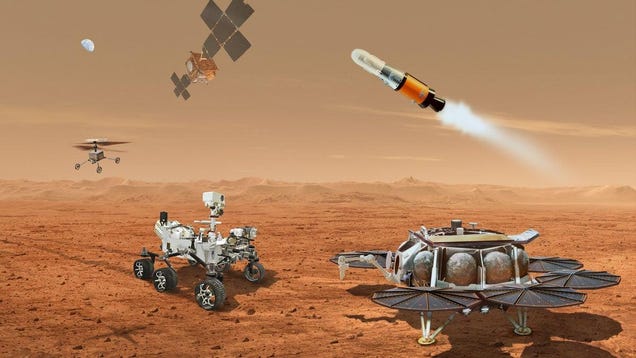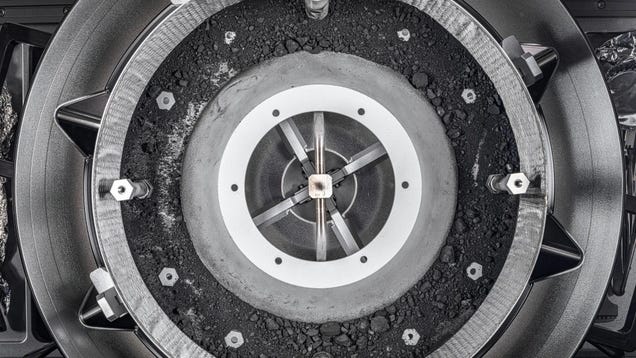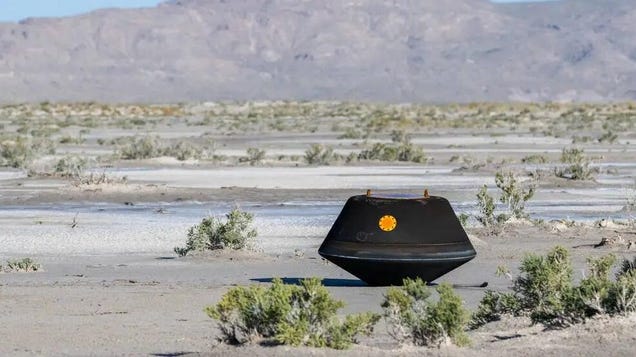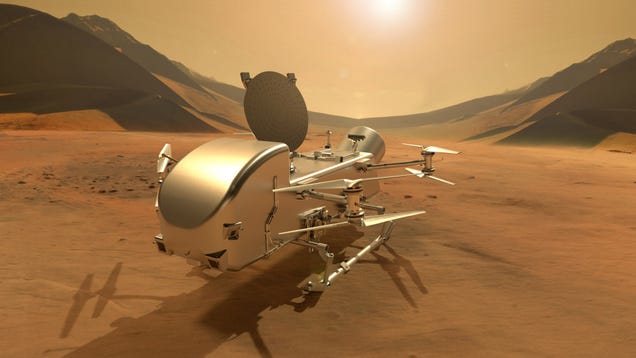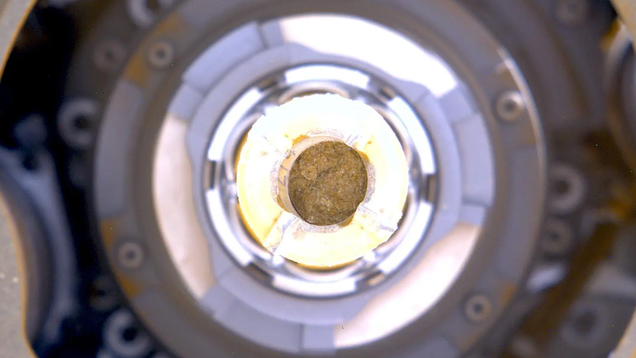
The Perseverance rover has been toiling on the Martian surface for over three years, collecting rock samples that will eventually be brought to Earth if all goes according to plan. But the rover has also picked up hitchhikers, in the form of traces of Martian atmosphere that are squeezed into the “headspace” of the…

